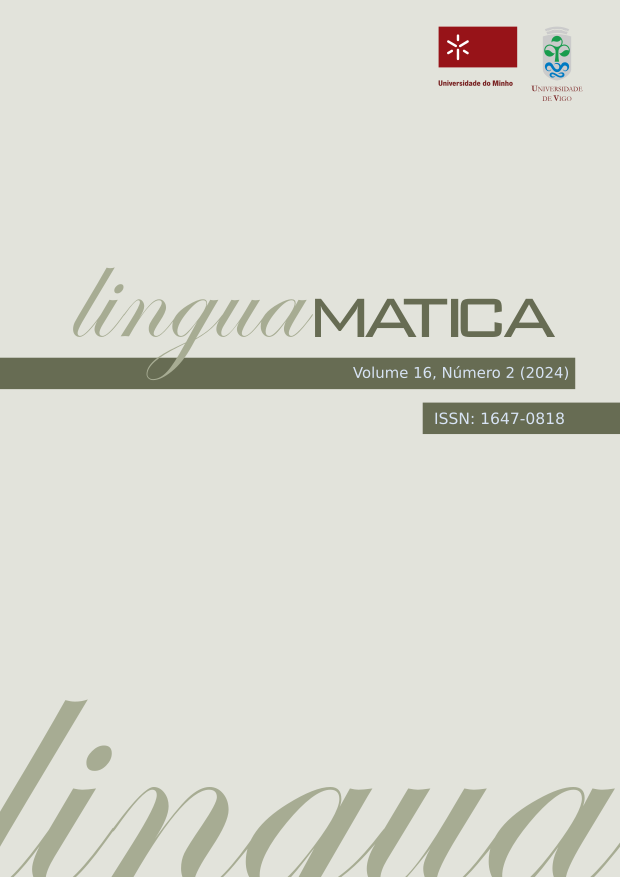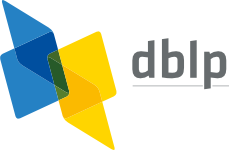MultiWOZ-PT: A Task-oriented Dialogue Dataset in Portuguese
Abstract
Despite the language widespread usage, publicly available and annotated Portuguese dialogue corpora are scarce. This poses a significant challenge in the development of effective dialogue systems that communicate in Portuguese. Having this in mind, we present MultiWOZ-PT, a new task-oriented dialogue dataset that results from the manual translation of dialogues in the MultiWOZ dataset to the European variety of Portuguese, as well as an adaptation of its database. We provide comprehensive guidelines and insights into the process of creating MultiWOZ-PT and, to demonstrate its practical utility, we conducted experiments in two task-oriented scenarios: Intent Recognition and Dialog State Tracking, both useful for dialogue systems. Reported results illustrate the dataset's effectiveness and its potential for training and evaluating language understanding and dialogue management models for Portuguese. Therefore, MultiWOZ-PT constitutes a significant contribution to the computational processing of this language, fostering further research and development.
Copyright (c) 2024 Patrícia Ferreira, Francisco Pais, Catarina Silva, Ana Alves, Hugo Gonçalo Oliveira

This work is licensed under a Creative Commons Attribution 4.0 International License.
Authors who publish with this journal agree to the following terms:
- Authors retain copyright and grant the journal right of first publication with the work simultaneously licensed under a Creative Commons Attribution License that allows others to share the work with an acknowledgement of the work's authorship and initial publication in this journal.
- Authors are able to enter into separate, additional contractual arrangements for the non-exclusive distribution of the journal's published version of the work (e.g., post it to an institutional repository or publish it in a book), with an acknowledgement of its initial publication in this journal.
- Authors are permitted and encouraged to post their work online (e.g., in institutional repositories or on their website) prior to and during the submission process, as it can lead to productive exchanges, as well as earlier and greater citation of published work (See The Effect of Open Access).













